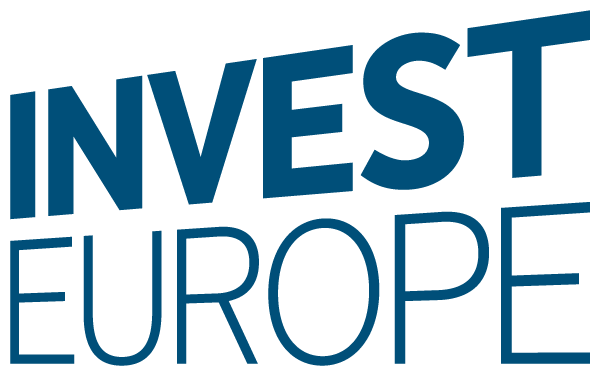Financing companies
Private equity provides equity capital to enterprises not quoted on a stock market. Private equity can be used to develop new products and technologies, to expand working capital, to make acquisitions, or to strengthen a company’s balance sheet. A subset of private equity called Venture Capital refers to equity investments made for the launch, early development, or expansion of a business. Private equity uses different types of instruments when investing or acquiring businesses. The most used instruments are equity (typically shares) or quasi-equity instruments (typically subordinated securities with equity kicker).

More than just money!
Investment fund managers also have a wealth of experience in the development and guidance of growth companies. These competencies, together with their large network of contacts, allow them to assist companies in:
- devising its strategy,
- preparing for the growth of the company and providing access to new markets,
- obtaining other forms of financing (like investment loans or other types of credits), which becomes much easier once the capital structure of the company is reinforced,
- optimising the performance by focusing on operational excellence, enhancing the professionalisation of the management
Long-term investment
Private equity, which also includes Venture Capital, forms a category of financial assets alongside shares in publicly listed companies, bond loans, real estate, or other forms of investing money. The different categories of financial assets are distinguished from one another on the basis of the different levels of risk and the expected returns. This type of investment should however not be confused with hedge funds which apply an entirely different investment philosophy with other goals. PE and VC invest in companies mainly in order to help them start, grow and develop with a long-term objective (on average 5 years), whilst hedge funds invest in a wide spectrum of financial assets (such as shares, bonds, options, etc.) on different markets, often for strictly speculative purposes with a short investment horizon (ranging from a few days to a maximum of 3 years). Moreover, PE and VC managers take an active role in the management of the companies, which is never the case for hedge funds.
Code of conduct
In order to outline the context and the prevailing customs within the sector, the BVA has drawn up a 10-point code of conduct. It is a charter that expresses the general principles for the activities of the funds. The Board of Directors of the BVA ensures that its members respect these rules.
European Private Equity & Venture Capital Association
How to join BVA
To join the BVA, all you have to do, is respect our code of conduct and complete the membership application form.

